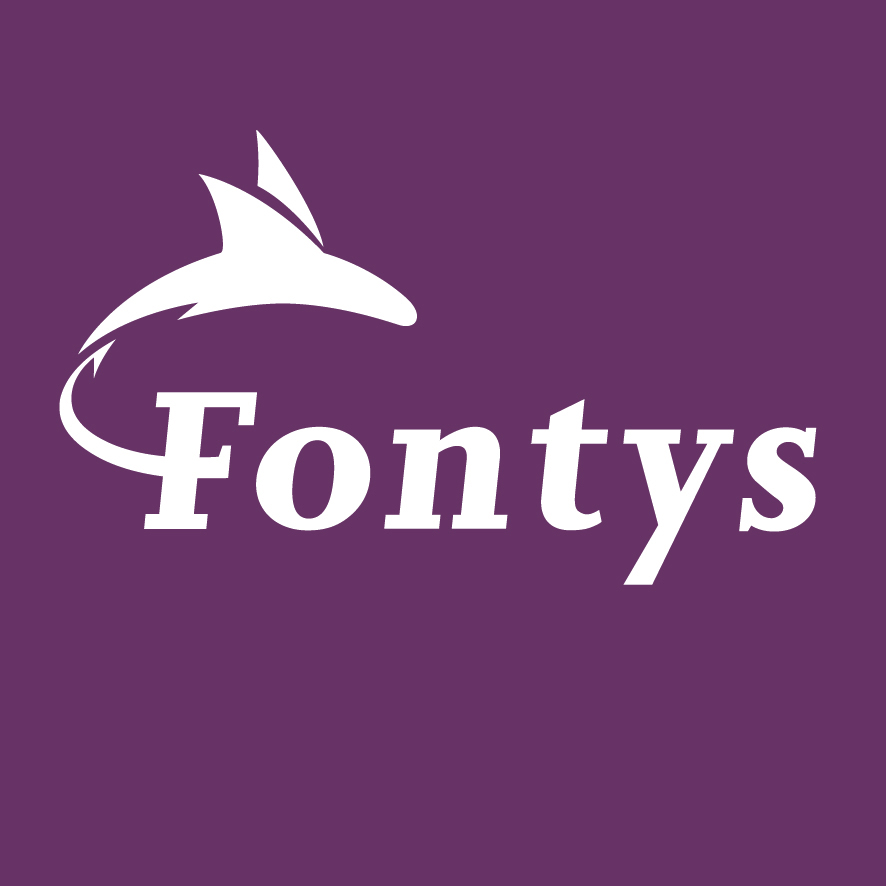Software Design & Engineering
Software Life Cycle, Software Development, Design & TestingIn this semester, students will deepen their understanding of software development by working on both group and individual projects. The focus is on applying software engineering principles to real-world scenarios, with an emphasis on collaboration, problem-solving, and iterative development.
Students will engage with topics such as multi-layered web application development, software architecture, and software quality assurance. Additionally, they will gain experience with database integration, version control, and unit testing. The semester also emphasizes professional skills such as effective communication, teamwork, and project management.
Through hands-on workshops and structured assignments, students will refine their ability to analyze, design, and implement scalable software solutions while engaging with industry partners in a realistic development environment. By the end of the semester, students will have a comprehensive understanding of the software development lifecycle and will be able to deliver robust applications that meet user requirements.
Throughout the semester, students will work on two parallel tracks: a group project and an individual project. The group project runs from week 2 to week 15 and involves collaboration with a Partner in Education (PIE) to develop a software solution based on industry needs. The individual project starts from the introduction week and extends until the end of the semester, where students build a multi-layered web application while following an iterative development process.
Weekly workshops will provide theoretical and practical guidance on topics such as refactoring, database integration, API development, and software testing. These workshops will be structured around multi-week mini-projects that reinforce key concepts. The semester culminates in a final evaluation in week 18, where students present their portfolios, reflect on their learning, and receive feedback. Throughout the semester, students will be assessed on their technical implementations, documentation, teamwork, and problem-solving skills.
It is recommended that students do the orientation in Software Development in Semester 1 before enrolling in this semester, as it provides the necessary programming, database, and software engineering fundamentals. After this semester, students can proceed to more specialized software development semesters, including advanced topics such as cloud computing, artificial intelligence, or cybersecurity.
Additionally, students may choose to engage in industry-focused semesters, internships, or minor programs that align with their career aspirations. This semester serves as a stepping stone for students aiming to refine their software development skills in preparation for more complex projects and real-world challenges.

- Jacques de Roij
- Tilburg
- j.deroij@fontys.nl
- +31885074147
- +31620662208

- Rafayel Avetyan
- Eindhoven
- r.avetyan@fontys.nl
- +31885074073
- +31683233895
